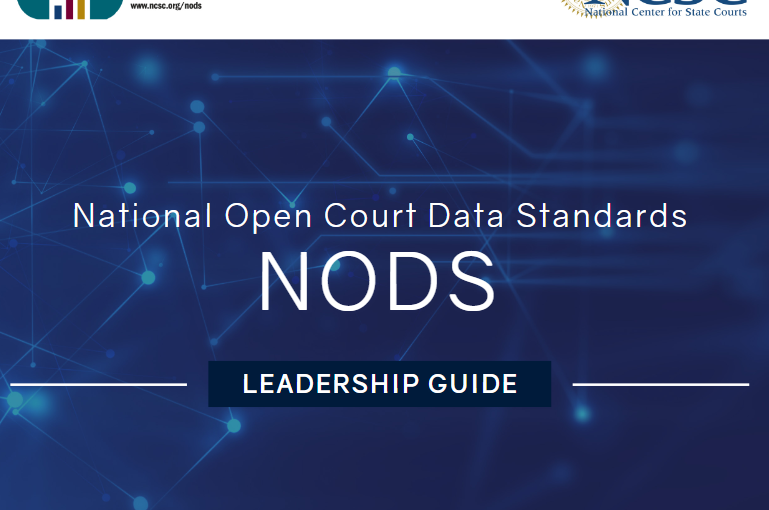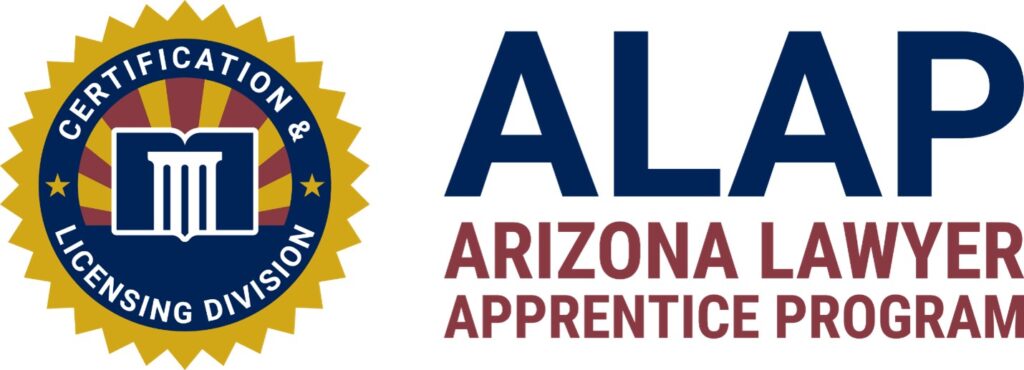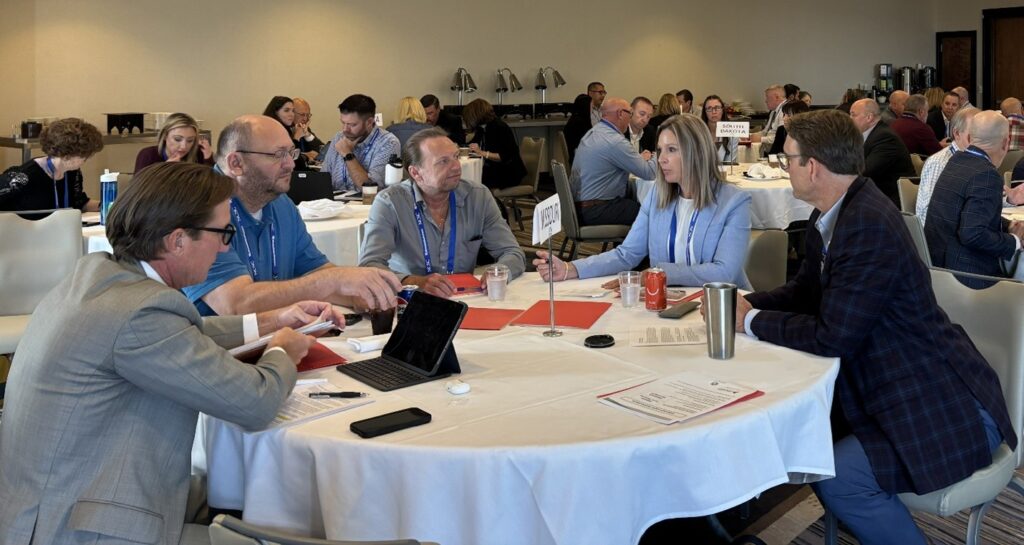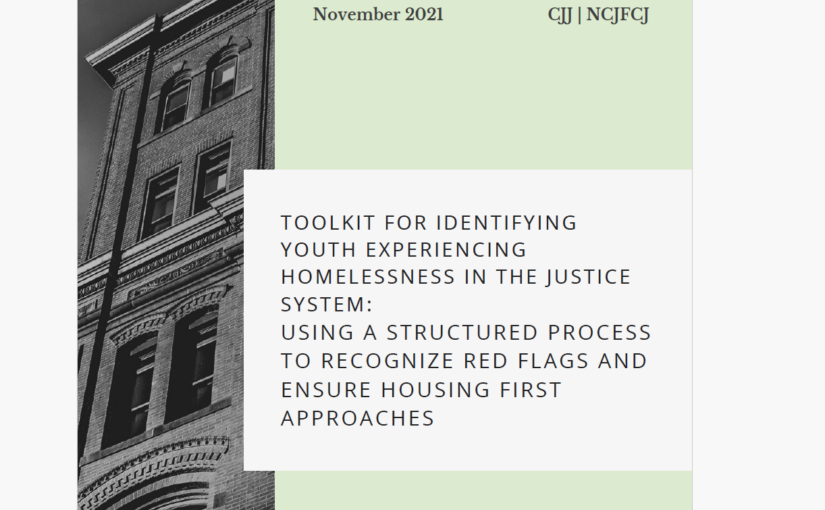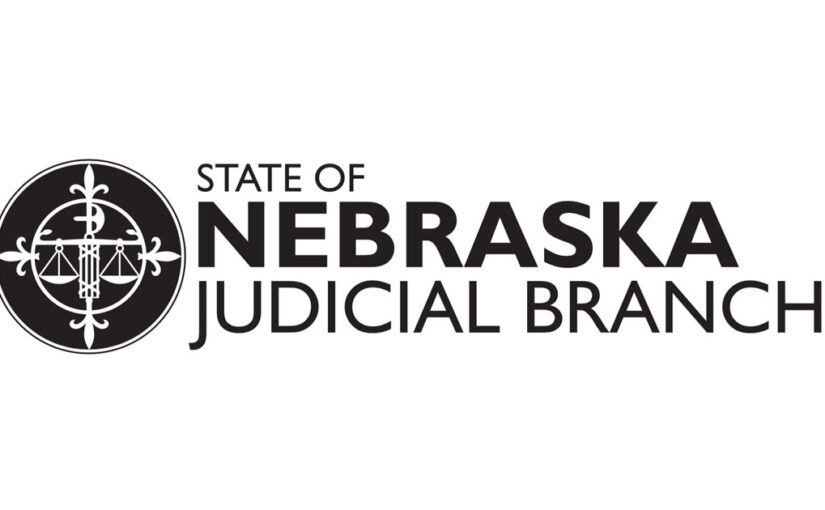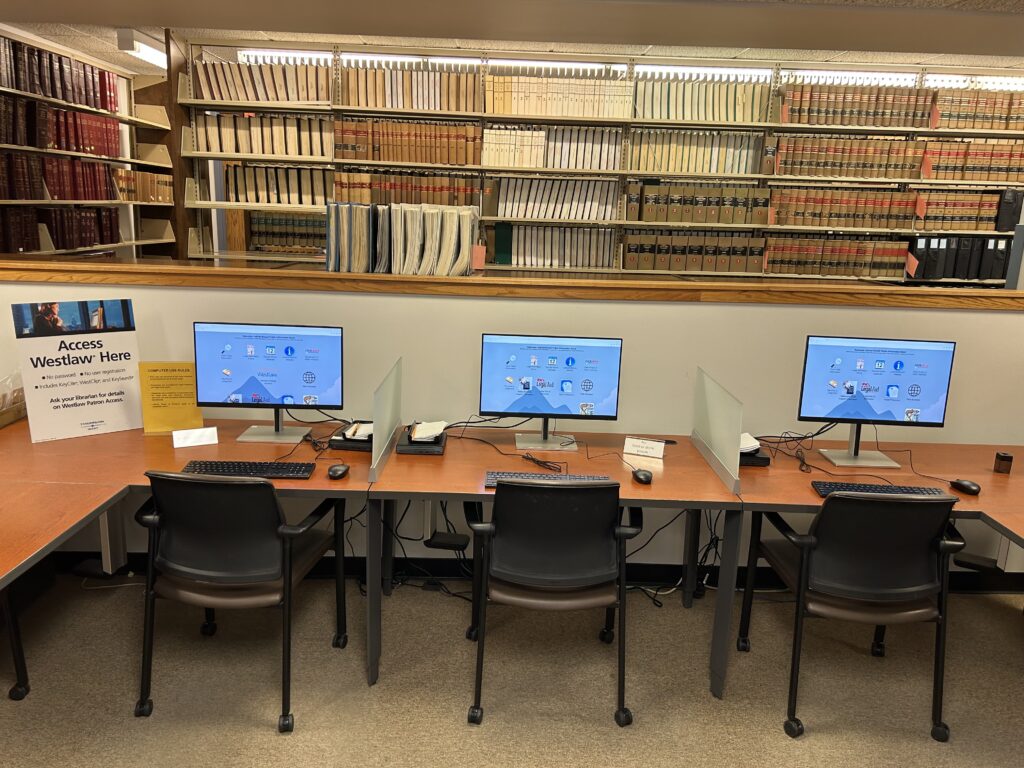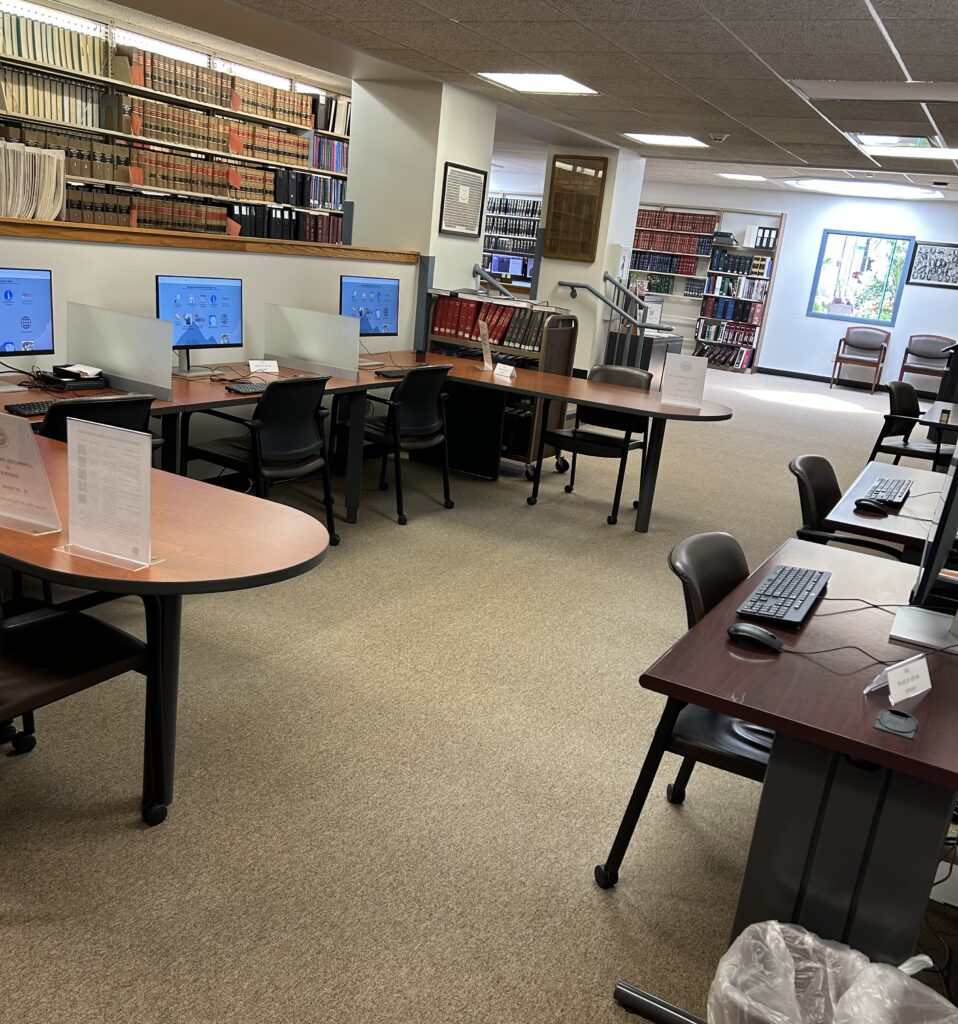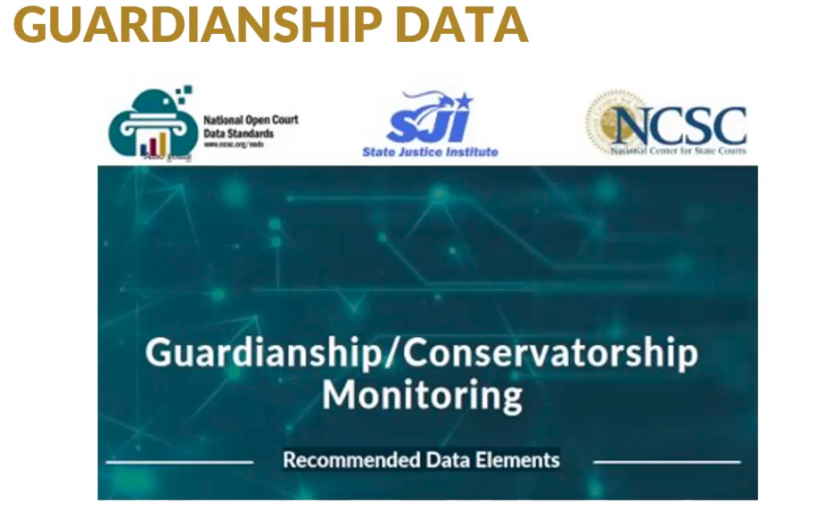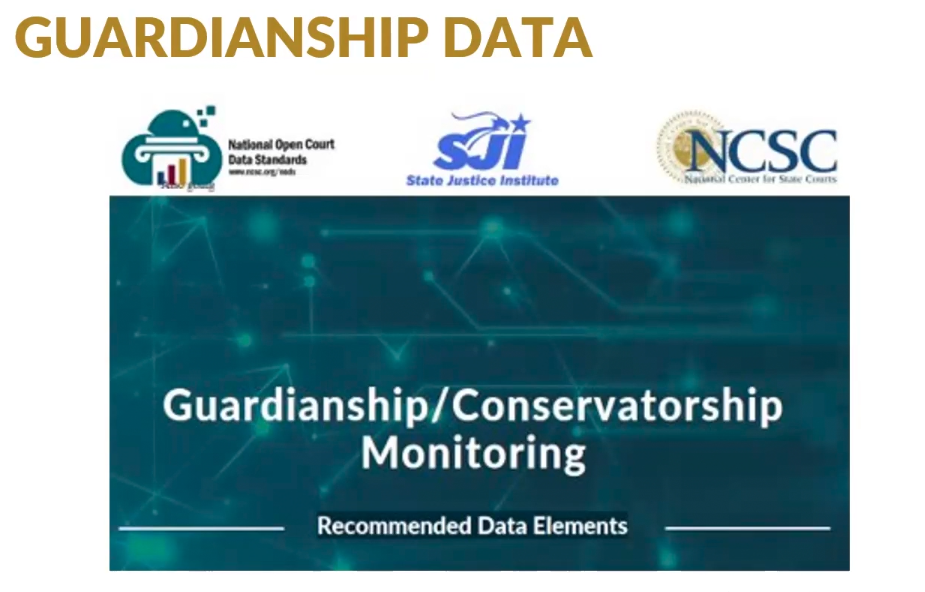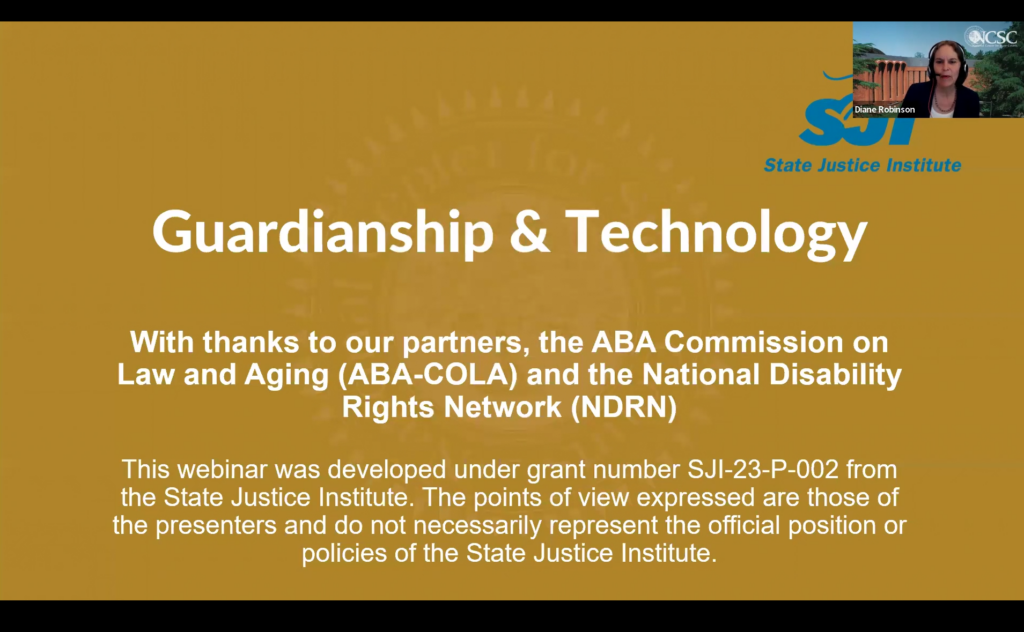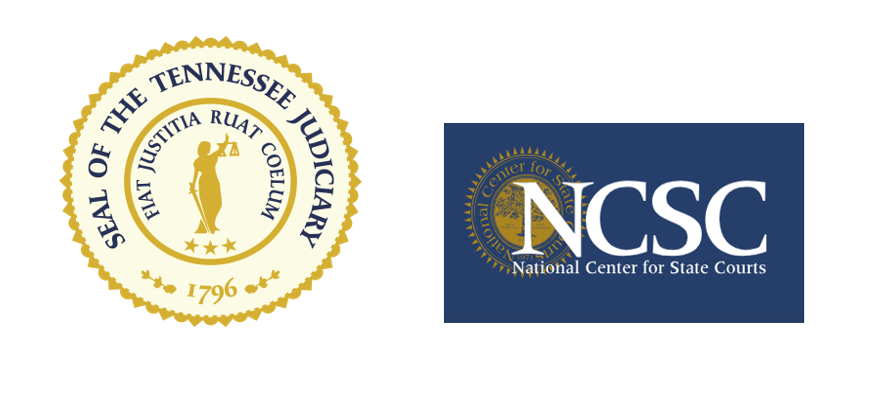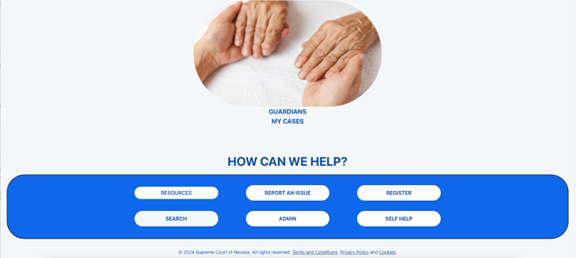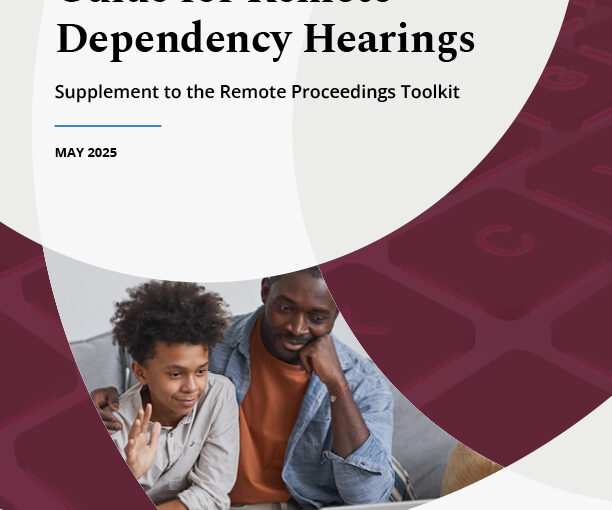The National Open Court Data Standards (NODS) consists of business and technical court data standards designed to facilitate the sharing of court data, ensure consistency in how data are understood and used, and reduce the costs and efforts required for courts to respond to data requests. In addition, several states are using NODS as a framework to build statewide data repositories.
Over the last four years, SJI has supported the implementation of NODS in 16 states. A recent evaluation of the project found that successful implementation has relied upon supportive executive leadership, dedicated staff, a designated NODS champion, and financial resources. Barriers to implementation have included a lack of resources, competing priorities, and insufficient leadership support. For states implementing NODS, it has been a useful tool to identify and address data governance issues. Most adopting courts indicated that their court began to collect new data elements due to mapping their case management system to NODS.
In addition to the core spreadsheet of data elements, resources available to courts and vendors include:
- NODS NIEM6 Message specification
- NODS User Guide
- NODS Leadership Guide
Along with Subject-area specific guides to NODS, including:
- NODS for Family Court
- NODS for Guardianship
- NODS for Traffic
- NODS for Criminal
These resources are available at www.ncsc.org/nods.
Webinars are also available to learn more about NODS, including a Data Dives Webinar on NODS and a special webinar on Better Traffic data with NODS.


